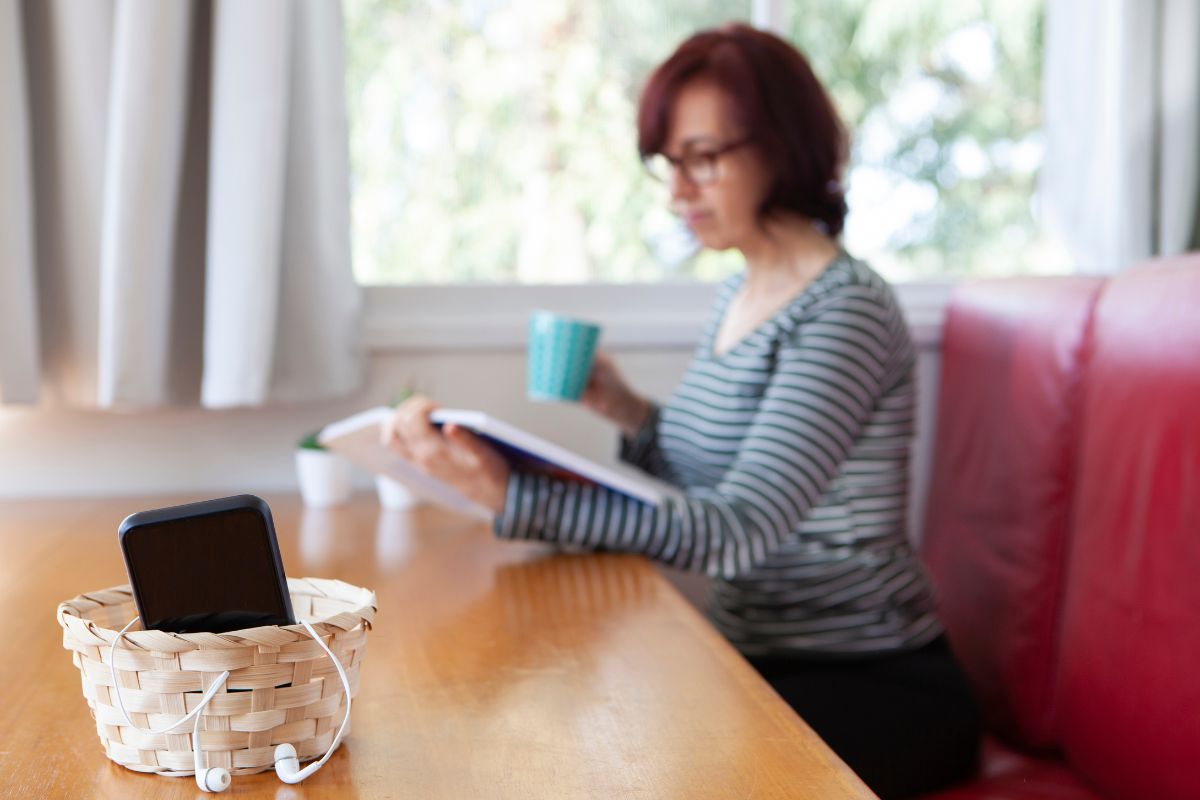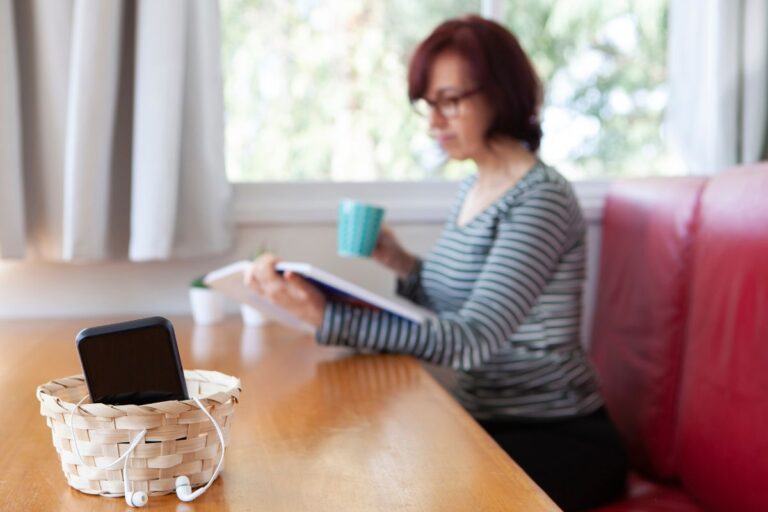Screens are a big part of our lives these days. Notifications, emails, and constant scrolling change our lives from the time we get up until the time we go to bed. Smartphones, social media, and streaming services are fun and useful, but they also make people dependent on them. What happened? A generation that is overstimulated, tired, and longing for real human connection.
This is where the concept of a digital detox originates. It’s not a trend; it’s a need. Unplugging is no longer a luxury; it’s now a necessary step in regaining balance, clarity, and control over our time.
What is a detox for digital devices?
A digital detox is when you choose to stay away from digital devices for a while. It doesn’t always mean giving up technology totally; it means setting limits on screens to put mental health, creativity, and relationships first.
Everyone’s detox may look different. Some people may turn off social media for a week, not use screens after 9 p.m., spend their weekends doing things that don’t include screens, or even go to retreats that require them to completely withdraw from the internet.
The main goal of a digital detox is to bring back the intention behind how we use technology.
Also read: Rising Stars of Emirati Fashion
The Mental Health Crisis of Too Much Connectivity
Too much time in front of a screen might make you more anxious, depressed, and unable to sleep. The cycle of likes, comments, and shares that is powered by dopamine produces a digital reward system that makes the brain always want more stimulation. People also compare themselves to carefully chosen highlight reels of other people’s lives on social media, which makes them feel bad about themselves.
Studies show that this hyper-connectivity has bad effects:
- Sleep Problems: Blue light slows down the creation of melatonin, which makes it difficult to fall asleep.
- Attention Erosion: Doing too many things at once makes it harder to focus and shortens attention spans.
- Emotional Exhaustion: Stress, burnout, and unhappiness can all come from scrolling endlessly.
Taking a break from technology, even for a short time, can lower stress, help you control your emotions, and give your mind a chance to rest.
The Paradox of Productivity
Technology promises to make things more efficient, but it often does the opposite and makes things less productive. Notifications break up work, emails keep coming in, and the desire to check social media takes away valuable time. Studies show that it takes more than 20 minutes to get back on track after a single interruption, which means that being constantly connected can hurt your productivity.
A digital detox gives you a fresh start. Professionals frequently get more done in less time when they put restrictions on how much they use their devices. Taking breaks from screens improves deep work, creativity, and strategic thinking—skills that are becoming harder to find in a world full of distractions.
Getting Back in Touch With The Real World
The best thing about a digital detox is that it helps you remember how wonderful life is when you’re not online. Doing simple things like eating together without phones, going on a stroll in nature, or doing a pastime without digital distractions might help you feel more present and real.
When attention is focused on one thing, relationships do especially well. When friends and family spend time together without devices, they feel more connected, communicate better, and have stronger bonds. Watching people use technology in a balanced way is especially important for kids since it helps them develop better digital habits.
Unplugging Tips That Work
Detoxing doesn’t have to be drastic. Small, regular actions can have a big impact. Some inventive ways to do this are:
- Mornings without technology: Don’t check your email or social media when you wake up.
- No screens in bedrooms and dining rooms: This will help you relax and connect with others.
- Scheduled breaks: Instead of answering messages right away, set aside certain times to check them.
- Detox on the weekend: Spend one day doing things that don’t involve the internet, like hiking, reading, or painting.
- Mindful consumption: Instead of mindlessly scrolling, choose to use your time wisely by choosing great content over endless feeds.
These habits help you have better interactions with technology over time while keeping the benefits it delivers.
What Will Digital Well-Being Look Like in the Future?
Digital detoxification is becoming a cultural phenomenon as more people learn about it. Retreats and wellness programs increasingly offer structured ways to disconnect, and companies are encouraging their workers to take time away from screens to boost morale and productivity. Even tech companies are starting to realize that we need to find a balance by adding things like app timers and screen-time trackers.
Digital mindfulness is the future—a balance where technology meets human needs without taking control. We are learning to master digital life on purpose instead of completely rejecting it.
Also read: DIY Face Masks to Beat Dryness in Hot UAE Weather
Conclusion: Choosing Presence Over Distraction
Digital detox is not about rejecting technology but about restoring control. In a world where screens need our full attention all the time, choosing to unplug is a way to take care of yourself and feel strong. It clears our minds, strengthens our relationships, makes us more productive, and reminds us of how beautiful it is to be present.
Unplugging is no longer a choice; it is necessary. By taking a break from technology, we make room to live more fully, connect more deeply, and prosper in a world that requires balance more than ever.







